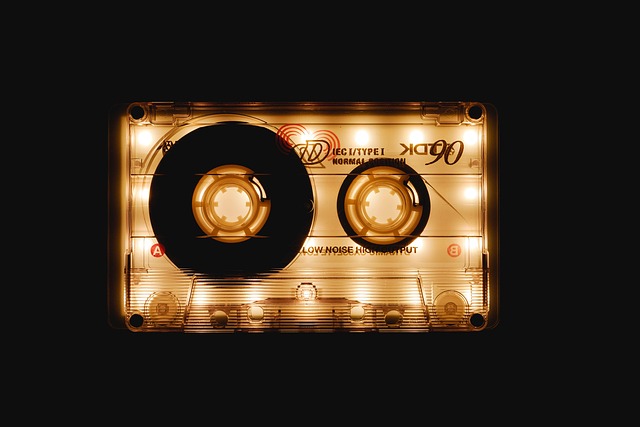In the ever-evolving landscape of the entertainment industry, radio has remained a timeless fixture, influencing not just the music we listen to but also the broader culture surrounding it. From the birth of rock ‘n’ roll to the rise of hip-hop, radio has been the heartbeat that pulsates through the veins of the music industry, shaping tastes and preferences across generations.
Consider the vibrant atmosphere of a concert. As you step into the venue, the electric buzz of excitement envelops you, igniting the anticipation for the artists you’ve been listening to for months on your favorite radio stations. Those timeless tracks, meticulously curated by radio DJs, create a sense of community among listeners, uniting them through shared experiences. The connection established by radio doesn’t just end with airplay; it extends into the concert arena, where fans come together to sing along to every beat, driven by the rhythm of a shared passion.
Festivals are another realm where the influence of radio can be vividly felt. Major music festivals often showcase a line-up that reflects the current radio airplay charts, bridging the gap between established artists and emerging talents. When the crowd sways to the sounds played on stage, they are echoing the very same melodies they have heard on their radios, creating unforgettable moments shaped by the music they cherish. It’s a reminder of how radio serves not just as a medium for promoting songs but as an essential connector of experiences, where music transcends individual tastes and evolves into a collective celebration.
Moreover, let’s not overlook cinema, which increasingly relies on music to amplify storytelling. Radio plays a pivotal role in introducing soundtracks that can turn an ordinary movie into a cinematic masterpiece. Think about your favorite films; many of them are accompanied by soundtracks that gained popularity through radio play. This portrayal of storytelling through music intertwines with the broader narrative of the entertainment industry, showcasing how radio can propel songs into the limelight, making them synonymous with specific emotions and experiences on the big screen.
The music industry itself has undergone significant transformations thanks to the influence of radio. Once a single source of music dissemination, radio now collaborates with streaming platforms and social media to create a multi-faceted approach to music promotion. Artists gain recognition through airplay, while listeners discover new music that resonates with their own identities and experiences. Radio remains a crucial tool for nurturing talent, enabling new voices to be heard and appreciated, while also fostering a culture where music not only entertains but also inspires and empowers its audience.
As we immerse ourselves in the rhythm of today’s music scene, it’s clear that radio continues to be a cornerstone of the entertainment industry. Its impact on concerts, festivals, cinema, and the music industry is undeniable, shaping the way we experience and connect with sounds that resonate deeply within us. The language of music is universal, and radio speaks this language loudly and vibrantly, reminding us of the profound connections forged through the melodies that enrich our lives.



